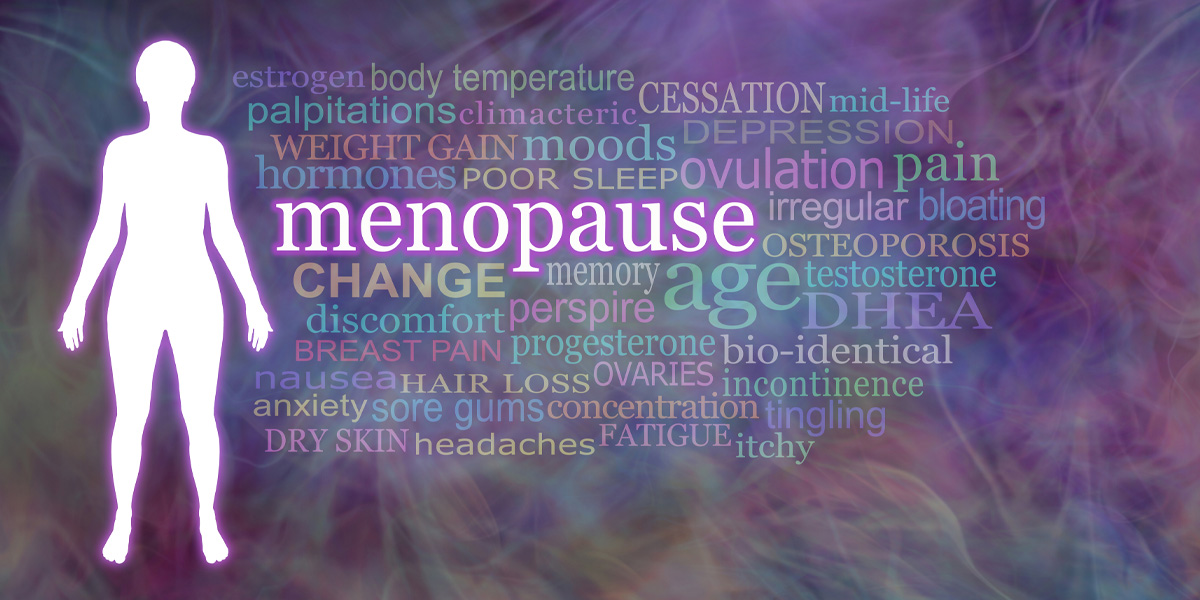
As we celebrate Women's Health Month, it's crucial to shed light on the various aspects of women's health and well-being, including the often overlooked phase of perimenopause. Perimenopause, the transitional period leading to menopause, can bring about a range of physical and emotional changes that affect a woman's quality of life. In this blog, we delve into what perimenopause entails and explore common symptoms experienced during this significant life stage.
Understanding Perimenopause
Perimenopause, often referred to as the menopausal transition, typically begins several years before menopause. Menopause is defined as the point when a woman has not menstruated for 12 consecutive months, marking the end of her reproductive years. During perimenopause, hormonal fluctuations occur as the ovaries gradually decrease estrogen production, leading to irregular menstrual cycles and various symptoms.
Common Perimenopause Symptoms
Perimenopause affects women differently, and while some may experience minimal symptoms, others may face more pronounced challenges. Here are some common symptoms associated with perimenopause:
- Irregular Periods: One of the hallmark signs of perimenopause is changes in menstrual patterns. Periods may become irregular, with variations in cycle length, flow, and duration. Some women may experience heavier or lighter periods than usual.
- Hot Flashes and Night Sweats: Fluctuating hormone levels can trigger sudden feelings of warmth, known as hot flashes, often accompanied by sweating and flushing of the face and neck. Night sweats, similar to hot flashes but occurring during sleep, can disrupt sleep patterns and contribute to fatigue.
- Vaginal Dryness: Declining estrogen levels can lead to vaginal dryness and thinning of the vaginal tissues, resulting in discomfort during intercourse and an increased risk of urinary tract infections.
- Mood Changes: Hormonal fluctuations during perimenopause can impact mood stability, leading to irritability, mood swings, anxiety, and depression. These emotional changes may be exacerbated by other perimenopausal symptoms and life stressors.
- Sleep Disturbances: Night sweats, hot flashes, and hormonal fluctuations can interfere with sleep quality, leading to insomnia or disrupted sleep patterns. Poor sleep can further exacerbate mood disturbances and affect overall well-being.
- Changes in Libido: Some women may experience a decrease in libido or changes in sexual desire and arousal during perimenopause. Vaginal dryness and discomfort during intercourse can also contribute to sexual challenges.
Navigating Perimenopause
While perimenopause can present challenges, there are strategies to help manage symptoms and improve quality of life during this transitional phase:
- Healthy Lifestyle: Prioritizing a healthy lifestyle can support overall well-being during perimenopause. This includes maintaining a balanced diet rich in fruits, vegetables, whole grains, and lean proteins, engaging in regular physical activity, managing stress through relaxation techniques or mindfulness practices, and getting an adequate amount of sleep.
- Hormone Therapy: Hormone therapy, or hormone replacement therapy (HRT), may be recommended for some women experiencing severe perimenopausal symptoms. HRT involves the use of estrogen or a combination of estrogen and progestin to alleviate symptoms such as hot flashes, vaginal dryness, and mood disturbances. However, HRT is not suitable for everyone and should be discussed with your healthcare provider to weigh the potential risks and benefits.
- Symptom Management: Over-the-counter remedies, such as herbal supplements, may offer relief for certain perimenopausal symptoms. For example, black cohosh and soy isoflavones have been studied for their potential benefits in reducing hot flashes and improving mood. Again, it's essential to consult with a healthcare provider before starting any new supplement regimen to ensure the safety and effectiveness at a personal level.
- Open Communication: Open and honest communication with your doctor or healthcare provider is essential for addressing perimenopausal symptoms effectively. They can offer guidance, support, and personalized treatment options tailored to your unique needs and preferences.
Perimenopause is a natural phase of life that marks the transition to menopause, bringing about a range of physical and emotional changes. By understanding the symptoms associated with perimenopause and implementing strategies to manage them, you can navigate this transformative stage with greater ease and empowerment on your journey toward hormonal balance and vitality.


